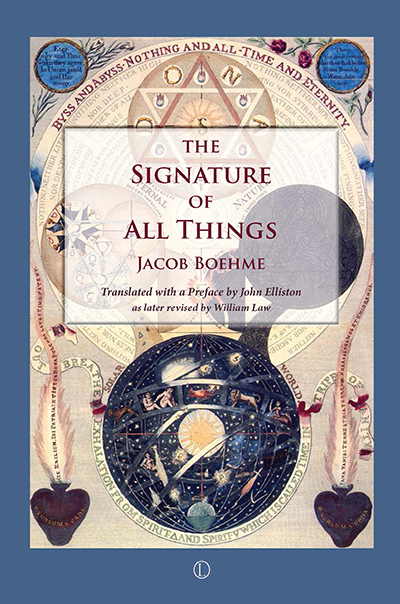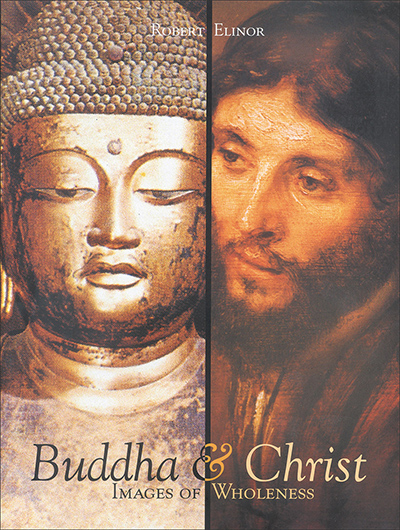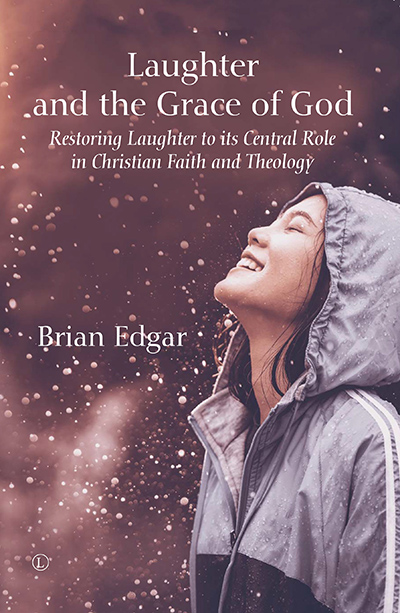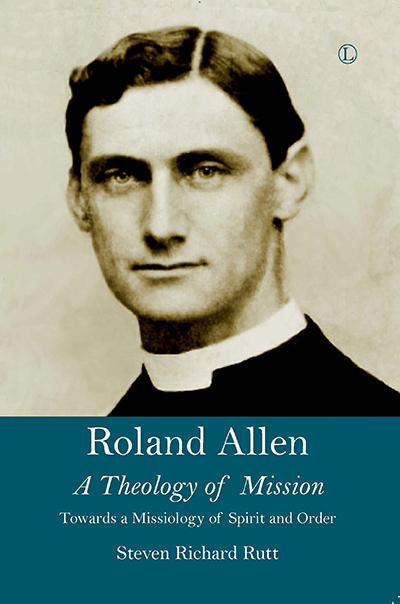Description
“It is not to be thought that the life of darkness is sunk in misery and lost as if in sorrow. There is no sorrowing. For sorrowing is a thing swallowed up in death, and death and dying are the very life of the darkness.”
Of the great mystics of the Reformation era few are as difficult to understand as Jacob Boehme, the Cobbler of Görlitz. Yet few can offer so much to the reader who is prepared to take the trouble to understand his message. It is in the Signatura Rerum (The Signature of All Things) that Boehme expounds the cosmology that lies at the heart of his whole mystical approach and experience. Although by no means his longest book, The Signature of All Things is the best starting place from which to gain an understanding of Boehme’s mystical pantheism and his dialectical conception of God, in which good and evil are rooted in one and the same being. An important influence on later German Romanticism and Idealism, Boehme’s endeavour to express a new sense of the human, divine and natural realms attains its apotheosis in his conception of the Ungrund, the uncertainty that precedes the divine will’s arousing itself to self-awareness.
Boehme’s theosophy did not endear him to the guardians of religious orthodoxy of his own day or of later centuries, yet his legacy extended far beyond his native Germany, and his books were translated into many languages. In England his doctrines had a profound influence upon thinkers as diverse as George Fox, the Father of Quakerism, and the Cambridge Platonists, and were to find their most coherent expositor and interpreter in William Law. They informed the visions of William Blake’s The Marriage of Heaven and Hell and in more recent times provided inspiration for such diverse cultural expressions as the psychology of Carl Jung and Philip Pullman’s His Dark Materials trilogy.
The Signature of All Things is a profound text, challenging and rewarding in equal measure, that fully deserves its status as a classic of late Reformation mystical thought.
Translated into English and with a Preface by John Elliston, with later revisions to the translation by William Law.
About the Author
The seventeenth-century mystic and theosophist Jacob Boehme (1575-1624) was a forerunner of the German Romantic movement. Credited by Hegel as “the first German philosopher”, his major works include Aurora (1612) and Mysterium Magnum (1623).
Contents
Preface to the Reader, by John Elliston
I. How that all whatever is spoken of God without the Knowledge
of the Signature is dumb and without Understanding, and that in the
Mind of Man the Signature lies very exactly composed, according to
the Being of all Beings
II. Of the Opposition and Combat in the Essence of all Essences, whereby
the Ground of the Sympathy and Antipathy in Nature may be seen, and
also the Corruption and Cure of each Thing
III. Of the great Mystery of all Beings
IV. Of the Birth of the four Elements and Stars, in the metalline and
creaturely Property
V. Of the Sulphurean Death, and how the dead Body is revived and
replaced into its first Glory or Holiness
VI. How a Water and Oil is generated; and of the Difference of the
Water and Oil, and of the vegetable Life and Growth
VII. How Adam (while he was in Paradise) and also Lucifer were
glorious Angels, and how they were corrupted and spoiled through
Imagination and Pride
VIII. Of the Sulphurean Sude, or Seething of the Earth; how the Vegetation
proceeds from the Earth; and also the Difference of Sex, and various
Kinds of Creatures; an open Gate for the searching Philosopher
IX. Of the Signature, shewing how the inward [Ens] signs the outward
X. Of the inward and outward Cure of Man
XI. Of the Process of Christ in his Suffering, Dying, and Rising again:
Of the Wonder of the Sixth Kingdom in the Mother of all Beings;
how the Consummatum Est was finished, and how likewise, by way
of Similitude, it is accomplished and effected in the Grand Philosophic
Work, or Universal Tincture
XII. Of the Seventh Form in the Kingdom of the Mother; shewing how
the Seventh Kingdom, viz. the Solar Kingdom is again opened and
revived, set forth in the Similitude of Christ’s Resurrection
XIII. Of the Enmity [contrary Will or annoying Distemper] of the Spirit
and Body, and of their Cure and Restoration
XIV. Of the Wheel of Sulphur, Mercury, and Salt; of the Generation of
Good and Evil: how the one is changed into the other, and how the
one manifests its Property in the other, and yet remains in the first
Creation in the Wonder of God to his own Manifestation and Glory
XV. Of the Will of the Great Mystery in Good and Evil; how a good and
evil Will originally arises, and how the one introduces itself into the other
XVI. Of the Eternal Signature and Heavenly Joy; why all Things were
brought into Evil and Good; wherein the real Ground of Election and
Reprobation may be rightly understood
Of the Supersensual Life: Two Dialogues between a Scholar or Disciple and his Master
Dialogue I
Dialogue II
The Way from Darkness to True Illumination: A Discourse between a
Soul Hungry and Thirsty and a Soul Enlightened
Endorsements and Reviews
Boehme’s text was an important influence on modern accounts of the relation of God as Trinity to the cosmos, creation or ‘nature’, including those of Hegel, William Blake and Alfred North Whitehead. The reissue of the Elliston English translation as revised by William Law is therefore a welcome new book from Lutterworth Press.
Michael Northcott, in The Expository Times, Vol 127, No 2






